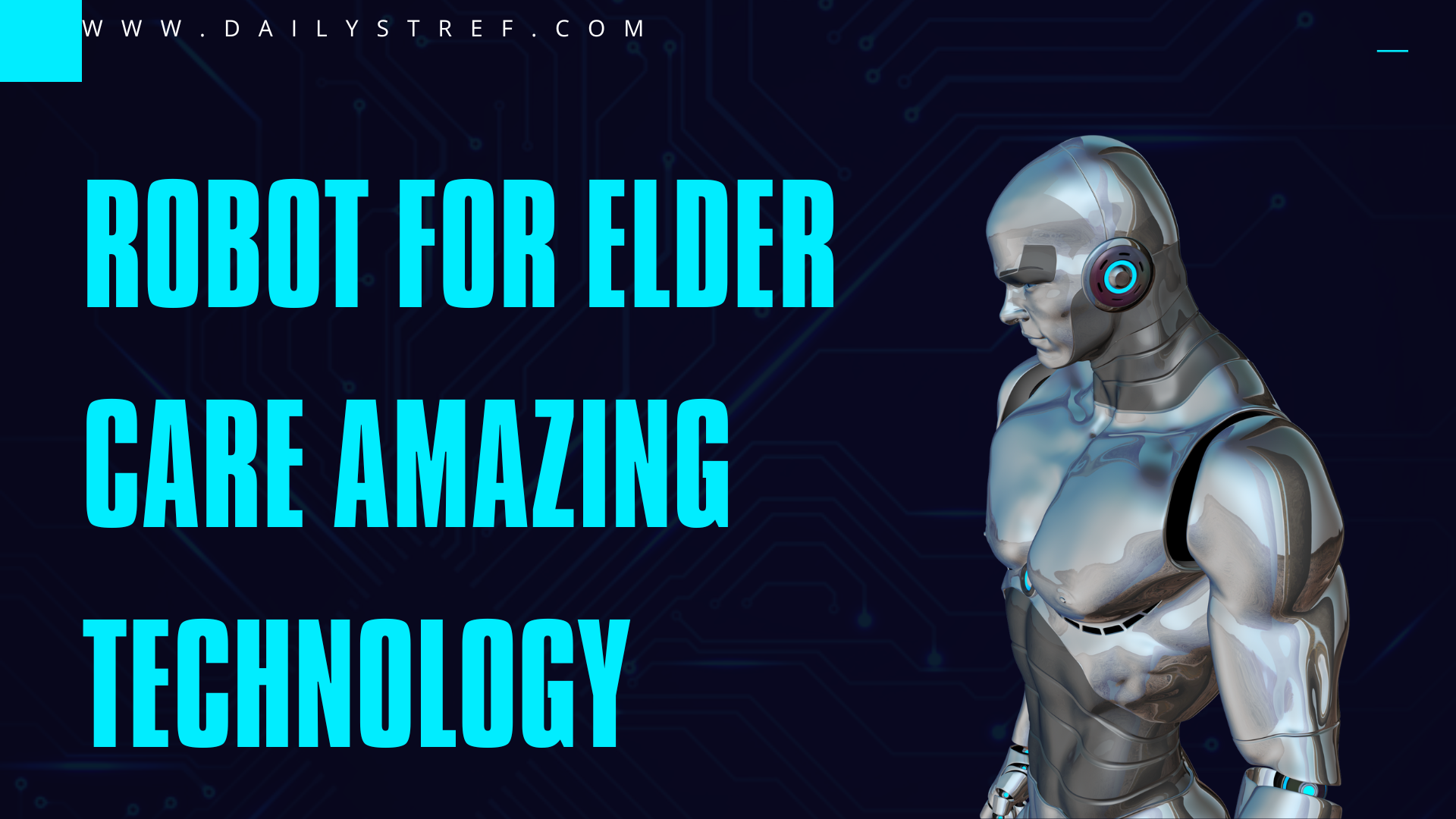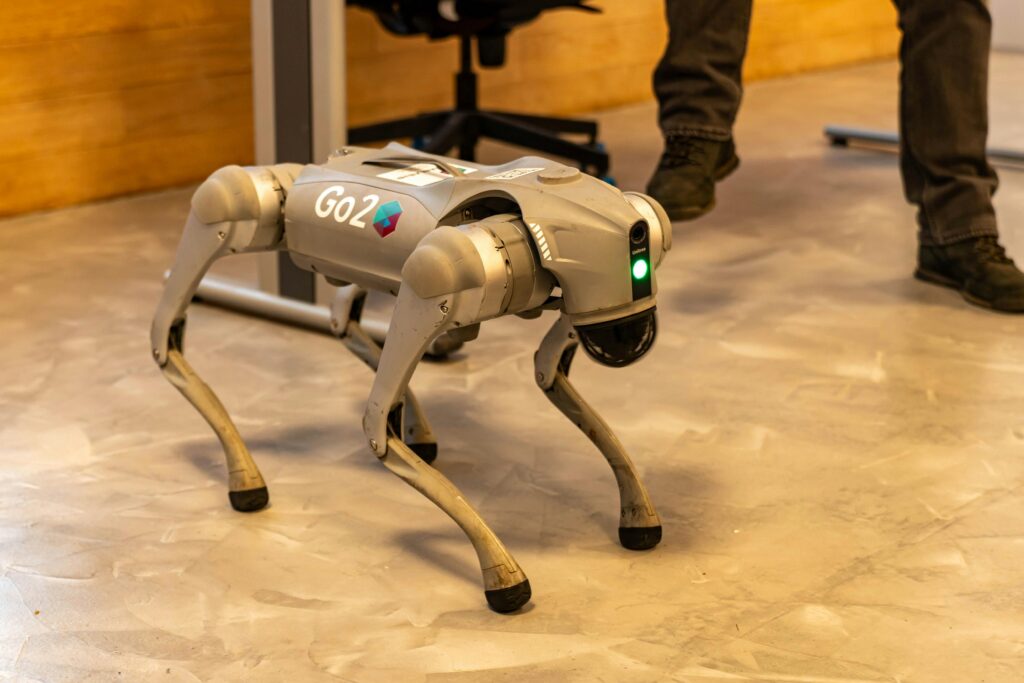
Study finds : Men more willing to accept robot care in old age.
A study by researchers from Oxford and Melbourne highlights gender differences in attitudes toward robotic elder care, with men showing more openness than women
Education, professional occupations, and experience with robots in crease acceptance, while younger individuals are generally more receptive.
Local context is crucial communities with higher female employment and lower elder care spending are more supportive, whereas heavy government investment in traditional elder care reduces comfort with robotic alternatives.
The researchers stress the need for policymakers to carefully balance technological solutions with human caregiving to meet growing care demands while maintaining personal connections and quality of care.
The shortage of workers in elderly care is a global issue exacerbated by aging populations and insufficient staffi.
Elder care is the service and support designed to meet the physical, emotional, and social needs of older adults.
This includes medical care, assistance with daily activities, social support, and household management. The goal is to enhance the quality of life and well being of seniors.
Countries like Japan, Germany, and the U.S. are experiencing significant increases in elderly populations, leading to greater demand for caregiving services.








